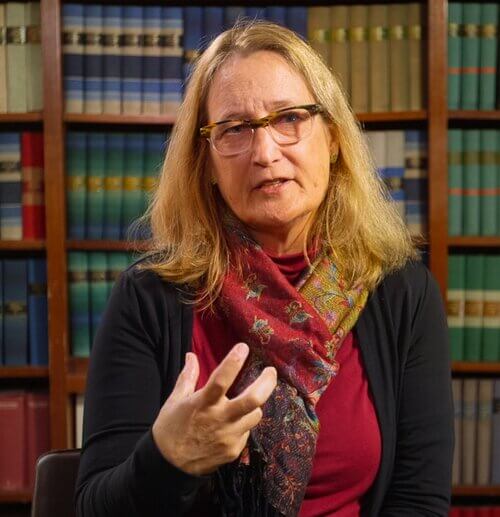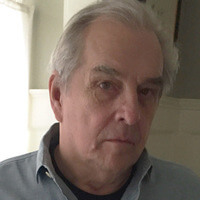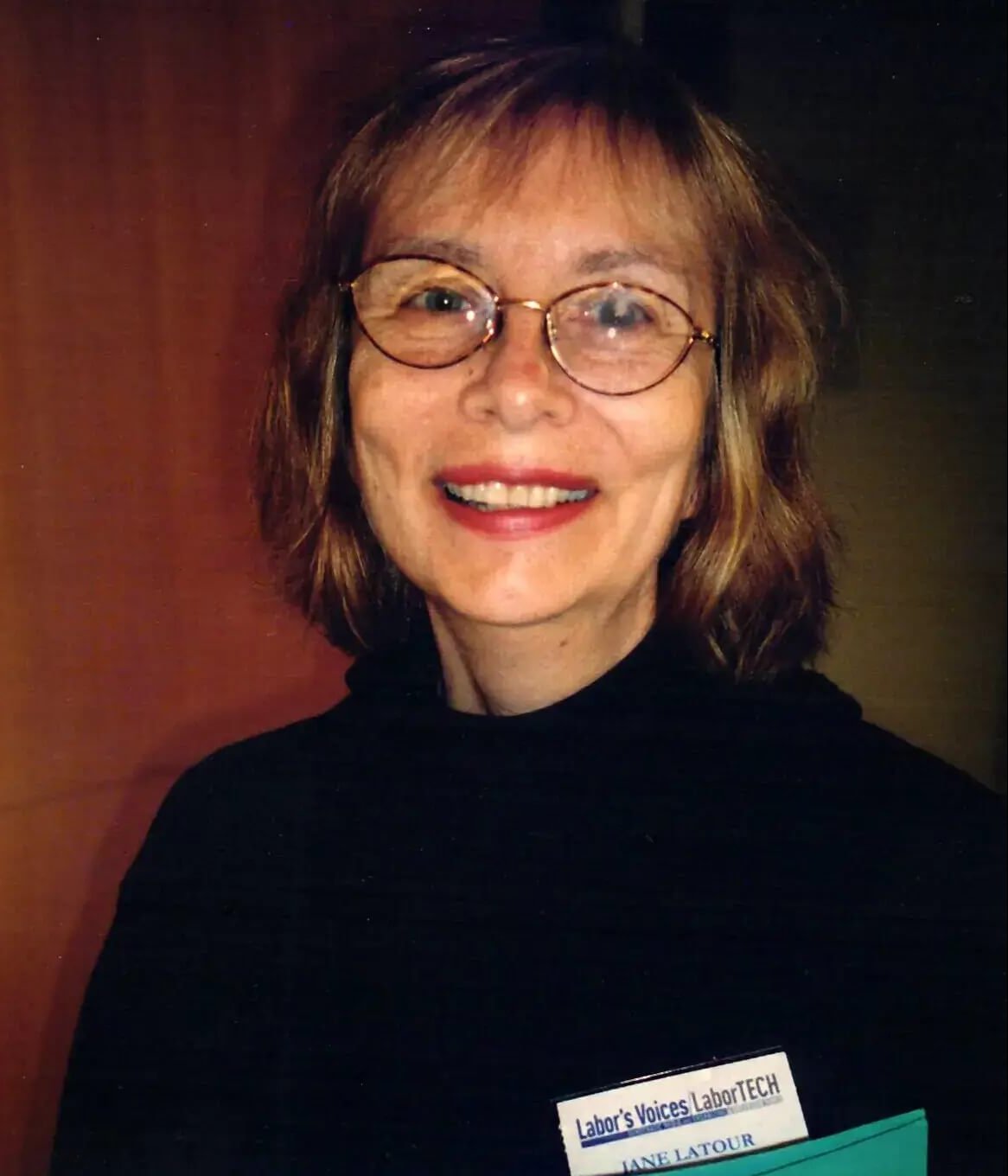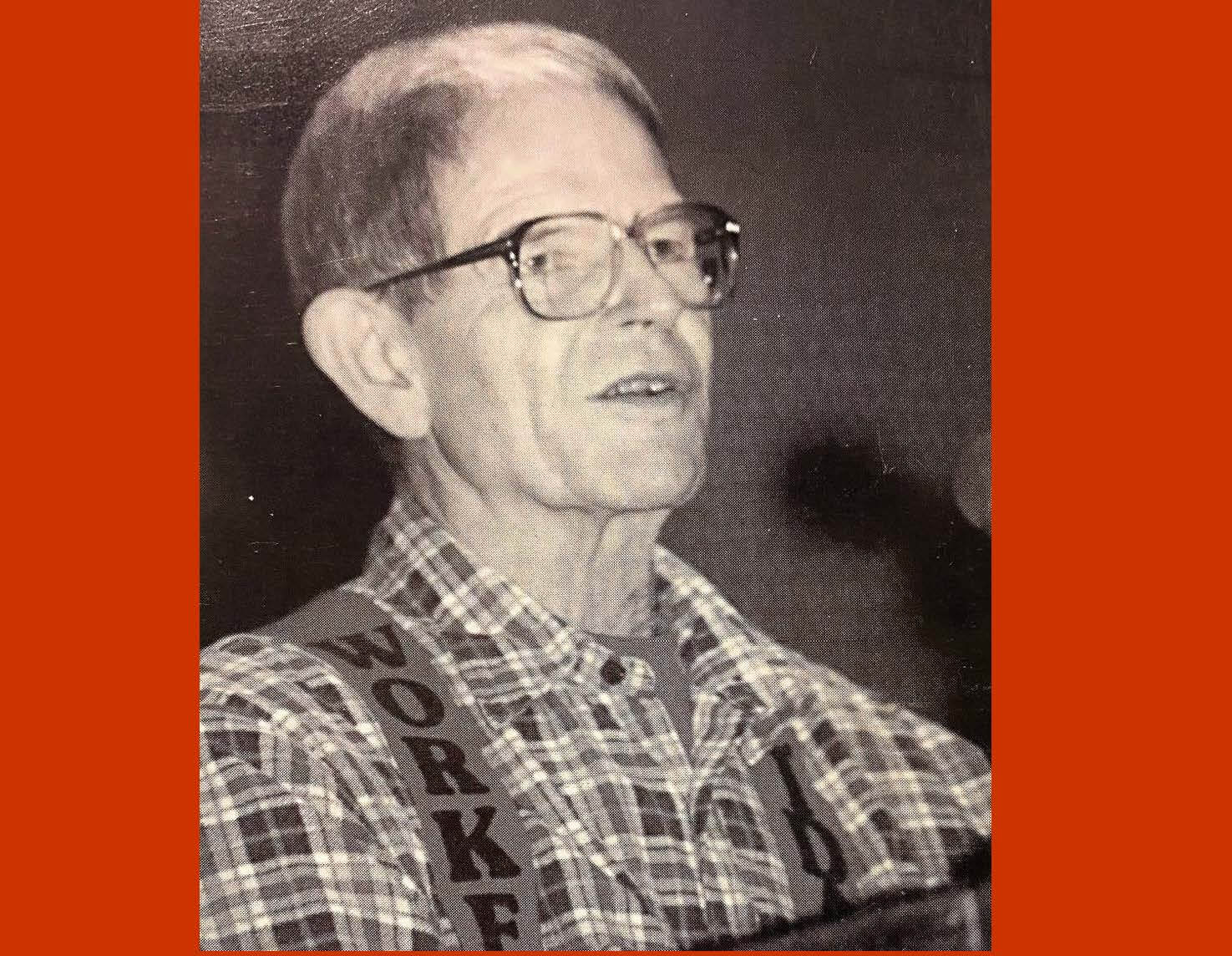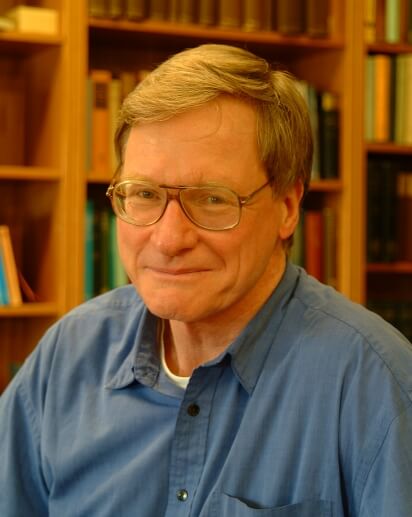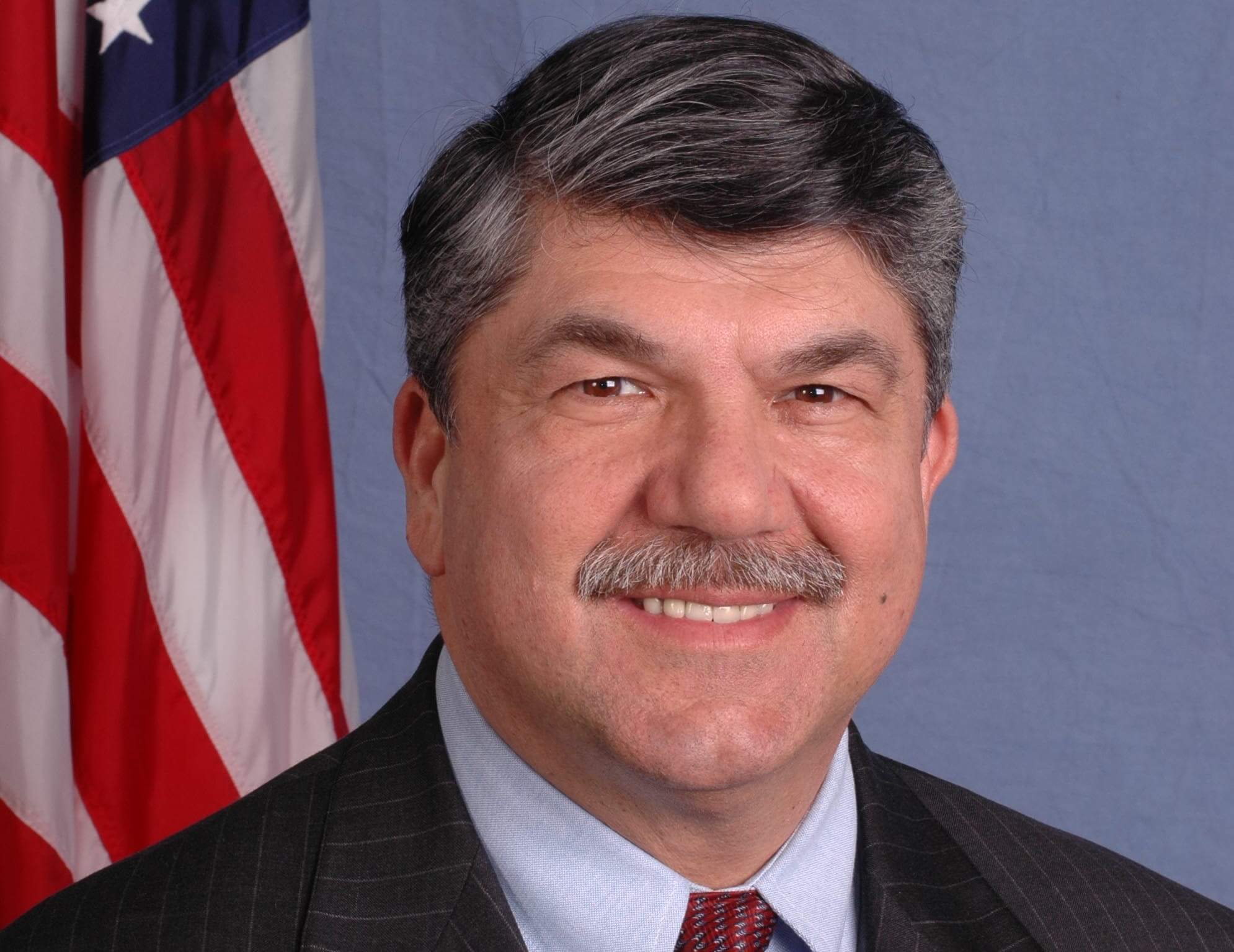Kathryn J. Oberdeck (January 18, 1958 – June 8, 2022) was a passionate fighter against all
forms of inequality. She combined an unwavering commitment to the highest intellectual standards with a self-less dedication to community and family. In every aspect of her life Kathy “gave it her all.” Impatient with any type of pretense, she was possessed of a keen wit that she directed as often at herself as those around her. Her friendships span the globe and are interwoven with decades of collective activism and academic endeavor. Above all, she was a loving and devoted mother to daughters Fiona and Cara, and to her husband William Munro, a Political Science Professor and scholar of southern Africa.
Kathy was raised in California and received her BA in Sociology from the University of California Berkeley, where she developed a life-long passion for the study of class and race formation (and discovered her inner hippie). She received her PhD in American Studies from Yale, where she worked with David Montgomery, and met William. After a post-doctoral fellowship at the University of Michigan, Kathy joined the faculty of the Department of History at the University of Illinois at Urbana-Champaign, joining a thriving program in US and comparative labor history. In 2021, the university recognized her achievements in research, public outreach, and pedagogical innovation by appointing her Leslie A. Watt Professorial Scholar.
In her scholarship and teaching, Kathy combined a rigorous empirical form of research with a sophisticated understanding of cultural theory and, more importantly, the cultural lives of poor and working-class people. Her first book, The Evangelist and the Impresario: Religion, Entertainment, and Cultural Politics in America, 1884-1914 (Johns Hopkins University Press, 1999), used the lives and careers of two remarkable nineteenth century men, Alexander Irvine and Sylvester Poli, to challenge conventional wisdom about where the politics of culture really happened. Kathy made it clear that the stage, the street, the church pew and the trades council were all public spaces where ordinary people both made culture and contested it. She was always able to discern not just complexity but contradiction in historical processes, and her book is the gold standard for cultural history that takes the dynamism of US proletarian life seriously.
Kathy had deep family roots in the Midwest. These led her to focus a second major work of on the company town of Kohler, Wisconsin, where her mother was born. The project represents a visionary analysis of the mutual shaping of racial and economic inequality with the built environment of Kohler. It led to an important period of scholarly re-tooling in digital methods, during which Kathy learned to use GIS mapping techniques to uncover how labor, ethnic, and race relations were built into and through the very streets, homes, and recreational spaces of the town. She had been looking forward to a sabbatical in fall 2022 as a time to complete the final chapter of this complex and sophisticated work. Her colleagues hope to complete this last bit of work on her important study.
Kathy made frequent visits to South Africa with William and her daughters to visit William’s family and for research. The family’s time in South Africa included a sabbatical semester in Durban where her daughters Fiona and Cara enrolled in school. Kathy’s love for South Africa and her passionate engagement with inequality wherever she found it, led her to undertake a third major project, a comparative study of urbanization and public hygiene in Chicago and Durban. In the process, she also built lasting friendships and relationships, both professional and personal.
Kathy’s teaching was inspired by her research and her commitments to social justice. Across a 30-year teaching career, she taught legions of undergraduates in the modern U.S. history survey and advanced courses in U.S. working class history and intellectual and cultural history. In the Odyssey Program, she taught courses in the humanities to income-eligible adults in the local community. In all of her classes, students learned how the lives and experiences of ordinary people could serve as a lens through which to approach the most important themes and problems of U.S. history. She was also a regular instructor in the graduate Social Theory class, demystifying the likes of Weber, Marx, and Foucault for generations of grateful students. Kathy was beloved by graduate students as a dedicated, compassionate, and wise mentor. She was the one who always showed up for them – in the seminar room and on the picket line — someone they could turn to when they most needed support. Her students continue to spread her vision of engaged scholarship in positions across the academy, labor organizations, and other roles.
Throughout her career, Kathy’s work in the academy was inspired by her determination to making all the communities with which she engaged better, more inclusive, and democratic places for all. She carried on this work in our department, across campus as a stalwart member of the Faculty Senate where she specialized in issues inclusion and academic freedom, and in our union, the Campus Faculty Association, which she served as an elected officer and a member of the executive committee. She was tireless in our collective bargaining campaign carried on under the AAUP and AFT.
Over the past decade, Kathy became the driving force behind the creation of a multi-faceted Public History program, the first of its kind at the University of Illinois. Working with students and members of the LGBTQ community, she created digital archives of the local Urbana-Champaign drag community and of AIDS activism. This work inspired an exhibit at the Spurlock Museum of AIDS quilt panels from Central Illinois. Through her Public History work, Kathy became involved in Champaign County health issues and with groups concerned about environmental racism in minority neighborhoods. In spring 2022, she received the Campus Award for Public Engagement in recognition for her pioneering work to bridge the campus-community divide.
A historian with an abiding commitment to community and place, Kathy was widely beloved and will be remembered for the way she modeled unstinting belief in and work for the common good. She will be deeply missed.
Jim Barrett
Clare Crowston
University of Illinois at Urbana-Champaign


